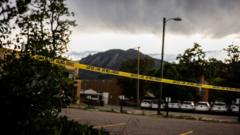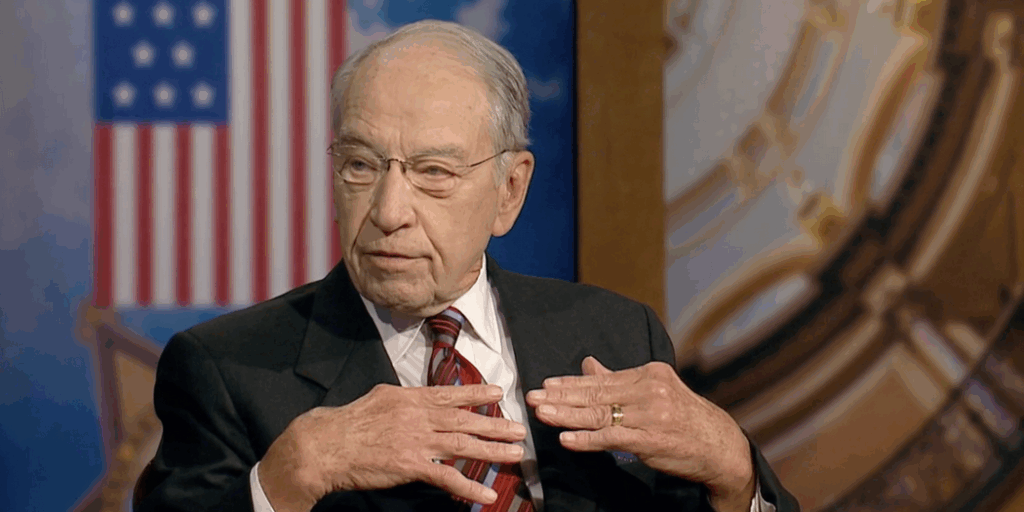A man identified as Mohammed Sabry Soliman, 45, is facing severe charges after allegedly attacking pro-Israel demonstrators in Boulder, Colorado, with Molotov cocktails, an act the FBI states he premeditated for over a year. The incident occurred during a march for Israeli hostages, where Soliman reportedly shouted "Free Palestine" as he threw the improvised incendiary devices. The attack injured eight individuals, leading to hospitalizations due to burns and other injuries.
Following the incident, law enforcement discovered at least 16 unlit Molotov cocktails nearby, suggesting a more extensive plan. This event marks a worrying trend of violence against the Jewish community, particularly in the context of heightened tensions surrounding the Israel-Gaza conflict, which has seen increased antisemitic attacks in the U.S.
During a brief court appearance, Soliman faced multiple charges, including federal hate crimes and attempted murder. Notably, the assault coincided with the Jewish holiday of Shavuot, adding to the severity of the context. Among the injured was Rabbi Israel Wilhelm, a Holocaust survivor, underscoring the attack's historical implications.
In his statements to investigators, Soliman disclosed he had been plotting this attack for a year, intending it to coincide with his daughter's high school graduation. He expressed a desire to "kill all Zionists," further solidifying the hate-fueled motivation behind the assault. Soliman, who had been living in Colorado for three years after moving from Kuwait, operated as an Uber driver, passing background checks despite his alarming intentions.
Authorities are intensifying scrutiny on hate-related incidents, especially given the recent surge in violence linked to the ongoing Israel-Gaza war. Previous attacks, including a shooting near a Jewish museum and a firebombing incident in Pennsylvania, reflect a broader pattern of violence against Jewish individuals and establishments in America.
As investigations continue, the acting U.S. Attorney for Colorado emphasized the commitment to hold Soliman accountable for his actions, framing this attack within a larger dialogue about domestic terrorism and hate crimes in the current socio-political landscape.


















